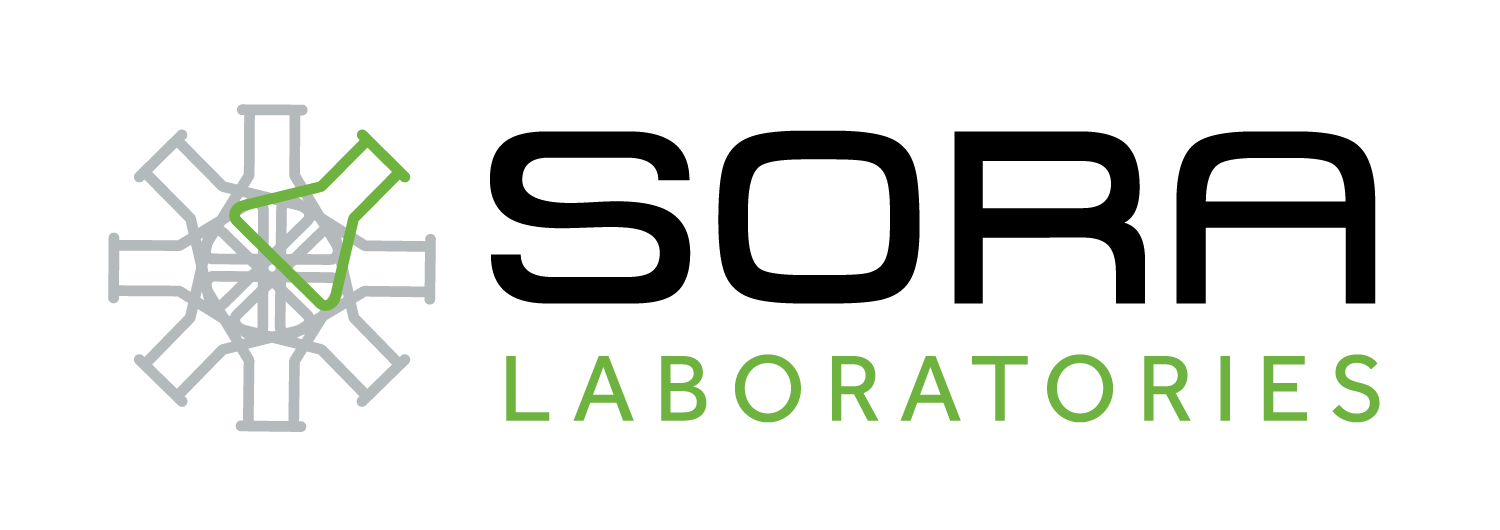Ever felt like you could use an extra hand or just needed an extra team member who could provide specialty services that you desperately need from time to time? SORA Labs wants to be a valuable extension of your quality control department. How can we do this for your team? By providing fast, reliable testing services that are available when you need them.
The FDA CFR 111 requires that a manufacturer establish product specifications for identity, purity, strength and composition for the limits of those types of contamination that may adulterate or that may lead to adulteration of the finished batch of the dietary supplement. To prove that the material is within specification, testing must be conducted.
Identity testing is the first step in verifying that you have the correct ingredient in your product.
Using compendia like the USP, FCC, BP or organizations that provide validated methods like the AOAC or ACS is a great place to start when determining your testing needs. Also, using reference standards to verify ingredient identity is also invaluable. The USP, for example, offers many testing recommendations such as:
- Gelatin testing- ID-A and ID-B are listed for standard gelatin and ID-C is listed for non-gelling ID. The USP lists specific tests and contamination testing recommendations for microbial and heavy metals.
- Ginkgo Extract- TLC ID and HPLC retention time peaks are listed for identification. Composition testing is for the active marker assays including Flavonol Glycosides and Terpene Lactones. The contaminate testing includes pesticides, residual solvents and microbial limits
- Wheat Bran- Microscopy is listed as the ID. Composition testing includes the amount of total dietary fiber and contaminate testing shows insect infestation and microbial limits.
- Biotin shows ID-A as FTIR; ID-B is Optical Rotation; and ID-C is HPLC retention time peaks. The assay uses HPLC and measures the active marker of Biotin.
- Papain is determined by a wet chemistry enzyme activity reaction with a UV-Vis end-point. There are some specific tests listed and the USP reference standard is noted.
Based on the wide variety of testing recommendations for just these few ingredients, it’s easy to understand the amount of equipment and expertise it takes to effectively test these products. Since setting up an analytical and microbiology testing lab requires a large capital investment and, for some companies, may be cost prohibitive, this is an excellent reason to use a quality third-party lab, such as SORA Labs. This gives us the opportunity to be that extra bit of help when you need it the most.
Another reason to use a qualified and accredited testing lab is to help avoid FDA warning letters like this recent one addressed to Pacific Nutritional. On April 15, 2016, the FDA wrote “Once you have established finished product specifications, you must verify that the specifications are met, as required by 21 CFR 111.75(c), and you must also ensure that the tests and examinations that you use to determine whether the specifications are met are appropriate, scientifically valid methods, as required by 21 CFR 111.75(h)(1). In addition, you must make and keep records in accordance with 21 CFR 111.95(b).”
From testing the initial raw material to the completed finished goods, SORA is here to help. As an ISO 9001:2008 certified and ISO 17025:2005 accredited testing lab, let us be a valuable part of your quality team!

